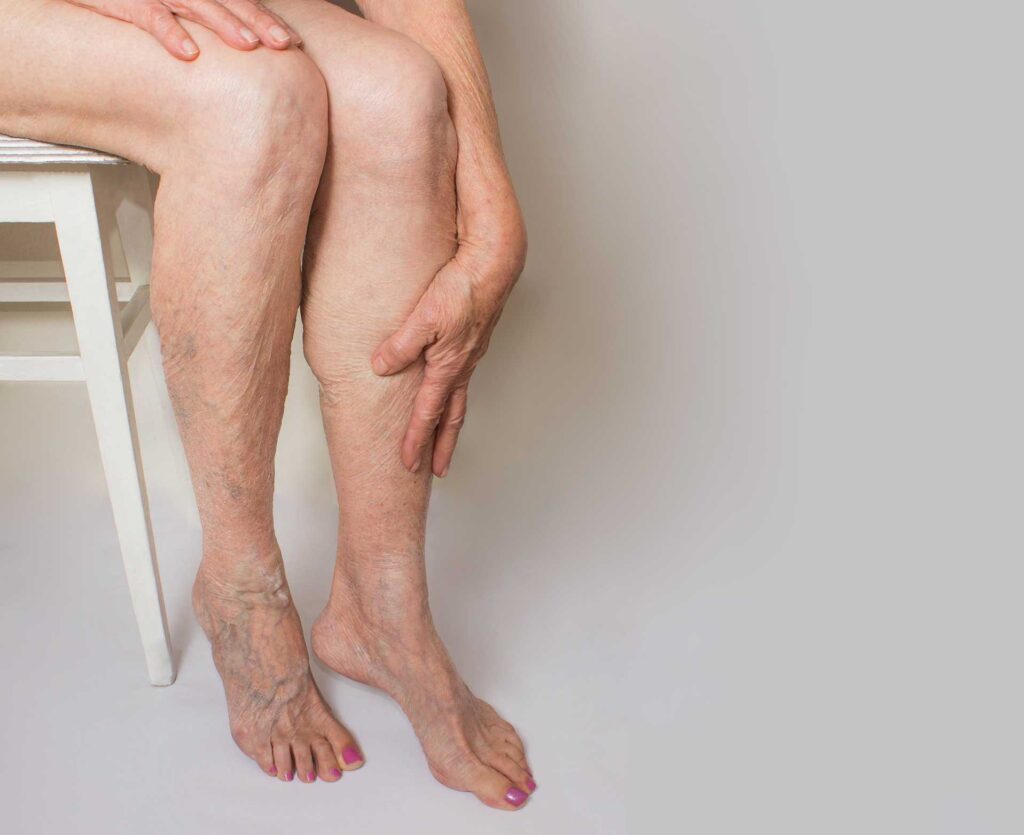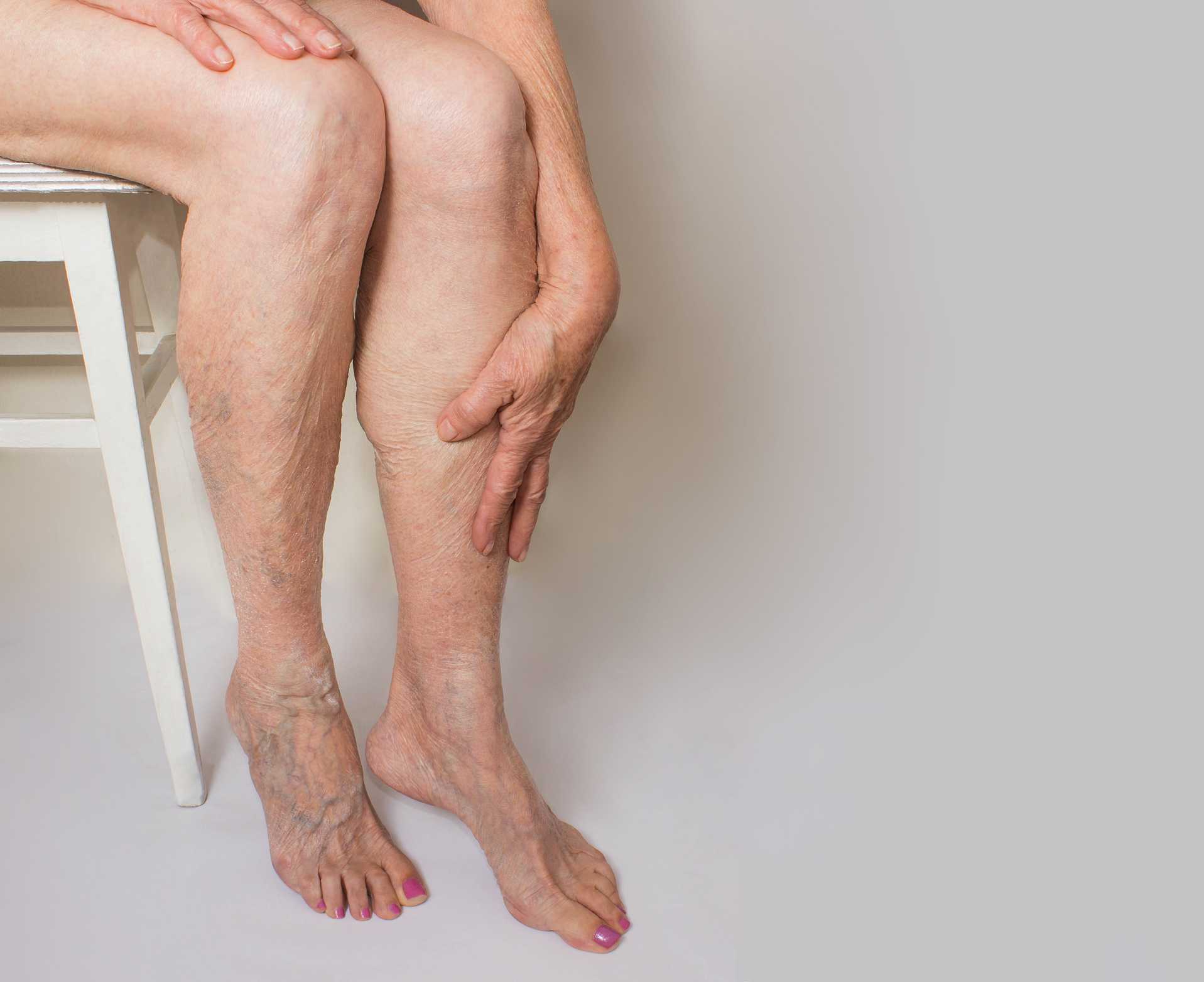
One in twenty Americans above age fifty is suffering from peripheral artery disease that may cause adverse health conditions like a stroke or heart attack if left untreated. I-Vascular Center delivers a fully customized treatment plan for men and women. For a conclusive diagnosis and treatment for peripheral arterial disease in El Paso, Texas, call I-Vascular Center or book an online appointment today for quality services.
About Peripheral Artery Disease
Peripheral artery disease is a common circulatory complication that makes arteries in your legs and arms grow narrower. If left unattended, it prevents blood from reaching your extremities and raises your chances of suffering adverse health problems.
Peripheral artery disease is easily managed if discovered in the early stages. Most times, your treatment may comprise lifestyle adjustments like exercising regularly, quitting smoking, and maintaining a balanced diet to alleviate your symptoms and live healthier.
Symptoms of Peripheral Artery Disease
Each case of peripheral artery disease manifests differently for each visiting patient. Your early stages of infection may be free of uncomfortable symptoms that may worsen as your condition develops further. Frequent signs and symptoms include:
- Shiny skin on legs
- Slow-growing toenails
- Hair loss on legs and feet
- Numbness in your legs
- Painful cramping in the calves, hips, or thighs
- Slow-healing wounds or ulcers on your feet and legs
A man suffering from peripheral artery disease is likely to battle erectile dysfunction.
Who’s at a Higher Risk of Peripheral Artery Disease
Men and women of all races are vulnerable to peripheral artery disease. Factors that may increase your risk of peripheral artery disease include being overweight, smoking excessively, high blood pressure, diabetes, and high cholesterol levels.
Diagnosing Peripheral Artery Disease
When diagnosing peripheral artery disease, Dr. Gerges reviews your medical history and conducts conclusive physical exams. If you have slow-healing wounds or a weak pulse, Dr. Gerges may recommend additional testing like the doppler ultrasound or ankle-brachial index.
The ankle-brachial index (ABI) evaluates differences between your upper body’s blood pressure versus blood pressure in your lower body. Dr. Gerges is devoted to getting the most accurate results. You may need to walk on a treadmill right before the test for better accuracy.
I-Vascular features the latest equipment like the Doppler ultrasound for more accurate diagnoses. The Doppler ultrasound utilizes high-frequency sound waves to measure blood flow to body organs. Dr. Gerges can effectively detect blocked or narrowed arteries in the shortest time.
Treatment for Peripheral Artery Disease
I-Vascular Center offers treatment for peripheral artery disease to ease unpleasant symptoms and inhibit the development of atherosclerosis or the build-up of fats. Your treatment is drafted to meet your specific needs with minimal side effects or downtime.
In case of minor symptoms, Dr. Gerges may recommend lifestyle adjustment to participate in regular exercises, lose weight, and opt for effective stress management strategies. For notorious symptoms, you may need:
- Pain relievers addressing leg aching or cramping
- Medications to manage blood sugar levels
- Medication to inhibit blood clots
- Medication for high blood pressure
- Cholesterol-lowering medication
surgical intervention may be necessary to help you get long-lasting remedies. Dr. Gerges may recommend surgical interventions like:
ü Bypass surgery
ü Laser atherectomy
ü Angioplasty (with or without stenting)
ü Thrombolytic therapy
Bottom Line
If suffering from peripheral artery disease, or at a higher risk, I-Vascular Center is an ideal partner. Dr. Gerges utilizes the latest equipment and practices to deliver long-term results through a fully personalized treatment plan.
